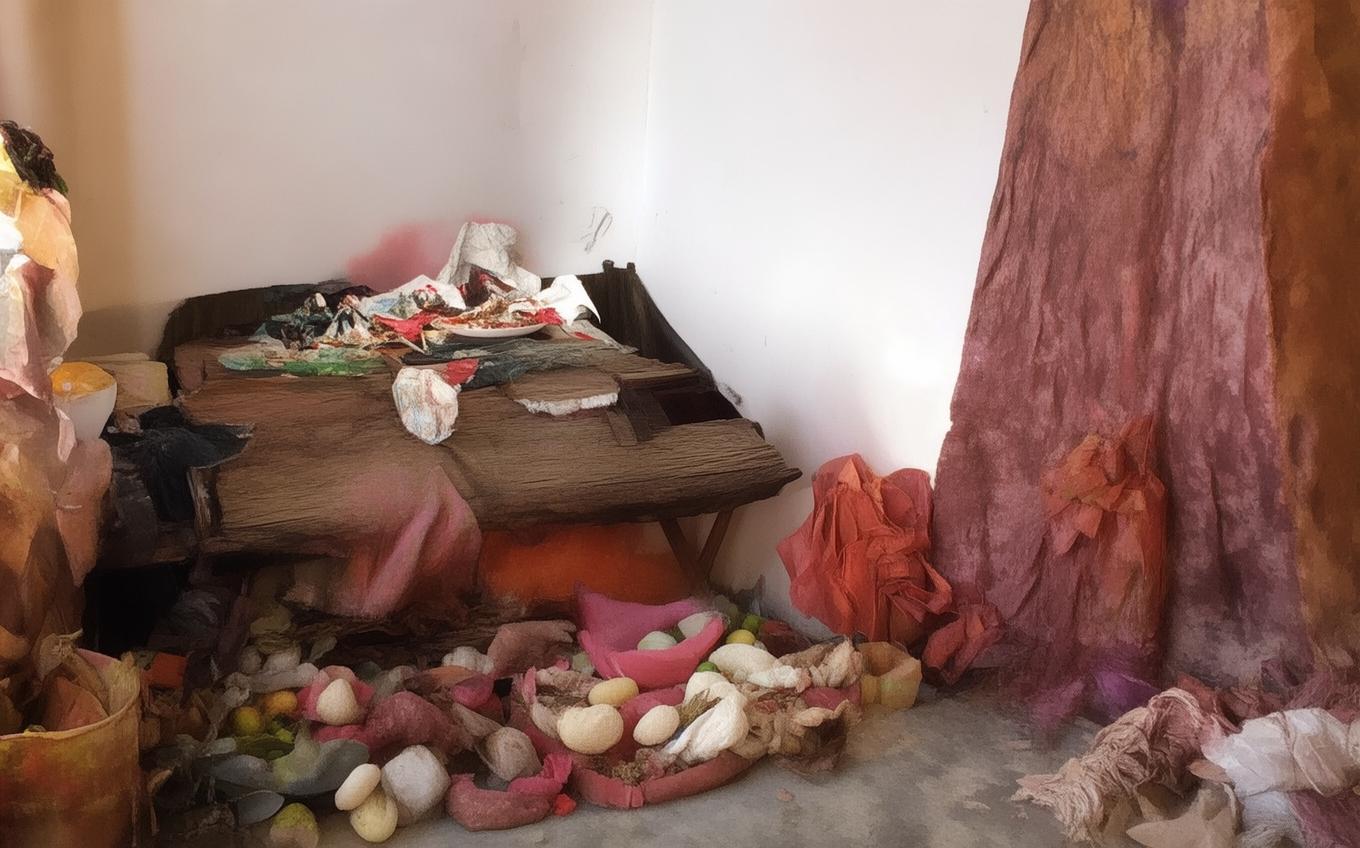Analysis of "青楼曲" - Classical Chinese Poetry
Introduction
The poem "青楼曲" (Qīng Lóu Qǔ) is a famous work by the Tang Dynasty poet Wang Changling (王昌龄, 698–756). Known for his mastery of the jueju (绝句, quatrain) form, Wang Changling was a prominent figure in the High Tang period, often called the "Poet-Sage of Seven-word Quatrains."
"青楼曲" captures the fleeting beauty and melancholy of courtesans in the pleasure quarters (qīng lóu), reflecting the social realities of Tang Dynasty China. The poem blends elegance with subtle sorrow, making it a poignant representation of the era's romantic and societal themes.
The Poem: Full Text and Translation
白马金鞍从武皇
Bái mǎ jīn ān cóng Wǔ Huáng
A white horse with golden saddle follows Emperor Wu旌旗十万宿长杨
Jīng qí shí wàn sù cháng yáng
Ten thousand banners rest at Changyang Palace楼头小妇鸣筝坐
Lóu tóu xiǎo fù míng zhēng zuò
A young woman sits atop the tower, plucking her zither遥见飞尘入建章
Yáo jiàn fēi chén rù Jiàn Zhāng
Watching distant dust rise as troops enter Jianzhang
Line-by-Line Analysis
-
"A white horse with golden saddle follows Emperor Wu"
- The opening line depicts a grand military procession, likely referencing Emperor Wu of Han, a symbol of imperial power. The "white horse" and "golden saddle" suggest nobility and martial glory. -
"Ten thousand banners rest at Changyang Palace"
- "Changyang Palace" was a Han Dynasty hunting lodge, here symbolizing temporary respite. The "ten thousand banners" emphasize the scale of the emperor's entourage. -
"A young woman sits atop the tower, plucking her zither"
- The focus shifts to a courtesan in a pleasure house (qīng lóu). Her music contrasts with the military imagery, highlighting the divide between war and domestic life. -
"Watching distant dust rise as troops enter Jianzhang"
- "Jianzhang" refers to another Han palace, reinforcing the theme of imperial grandeur. The courtesan observes the soldiers' return, her gaze suggesting longing or resignation.
Themes and Symbolism
- Transience and Longing: The courtesan's music symbolizes fleeting beauty, while the soldiers' return hints at impermanence and unfulfilled desires.
- Social Contrast: The poem juxtaposes the grandeur of war with the quiet sorrow of women left behind, a common theme in Tang poetry.
- Imperial Glory: References to Emperor Wu and Han palaces evoke China's golden age, blending nostalgia with contemporary Tang pride.
Cultural Context
During the Tang Dynasty, qīng lóu (pleasure quarters) were spaces where courtesans entertained scholars and officials. These women were often educated in music and poetry but lived precarious lives. Wang Changling's poem subtly critiques the societal structures that glorified war while marginalizing women.
The Han Dynasty allusions reflect Tang poets' admiration for China's past, using historical motifs to comment on their own era.
Conclusion
"青楼曲" is a masterful blend of elegance and melancholy, capturing the Tang Dynasty's fascination with beauty, power, and transience. Its vivid imagery and emotional depth make it timeless, resonating with modern readers who understand the bittersweet nature of love and glory.
Wang Changling's poem reminds us that behind every grand historical moment are untold stories of quiet yearning—a message as relevant today as in Tang China.




Comments (0)
No comments yet. Be the first to comment!